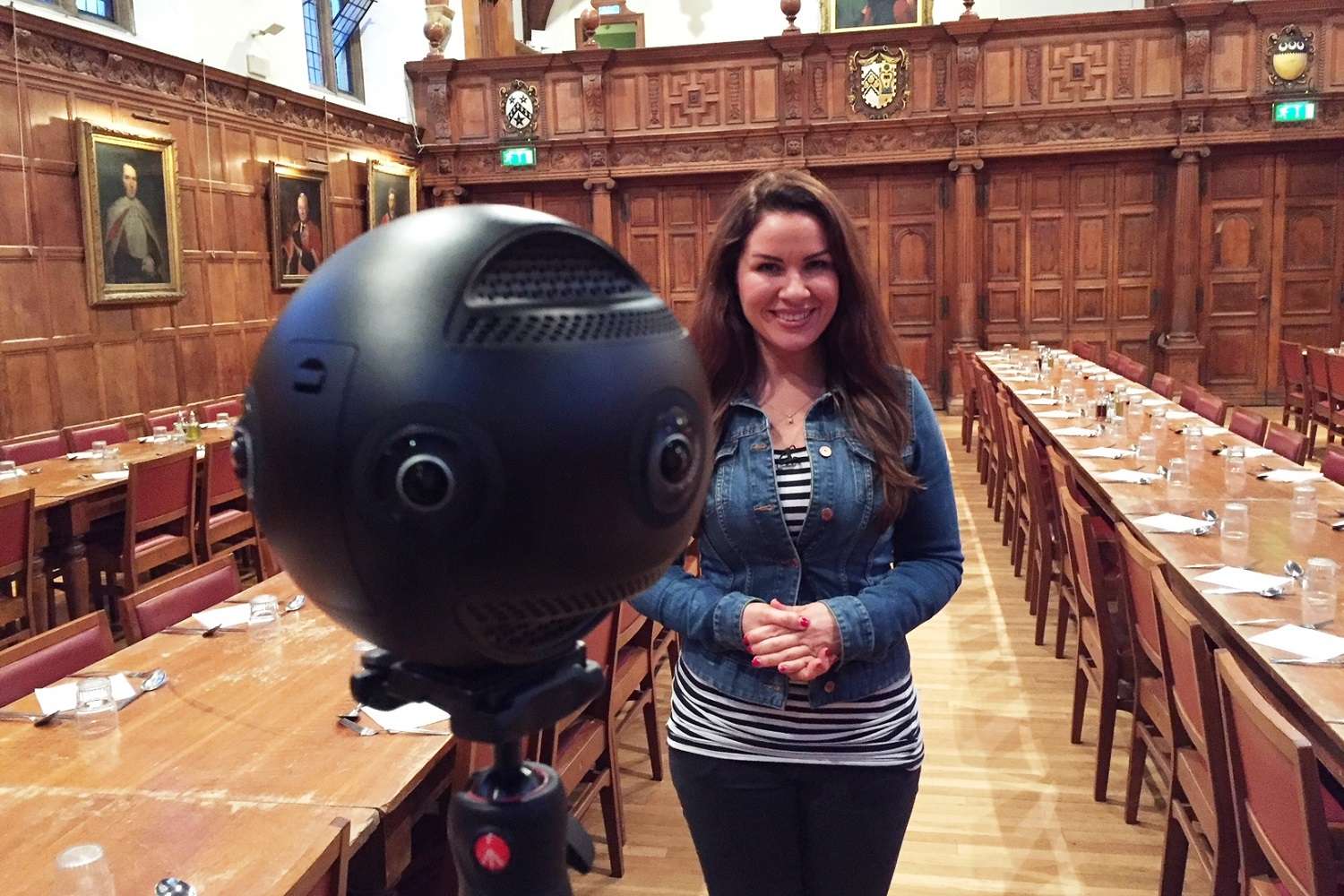Creative Director Greg Bryant relishes a future where AI can be used intelligently and creatively, like all the other tools in his design armoury.
I’ve often wondered if we’d ever reach a point where CGI became so good that we no longer needed actors. Could a film be created where the characters could be created to be exactly as the original writer envisaged them? Would we lose ‘movie stars’ as we wouldn’t need people playing roles? We could simply create the characters specifically for that particular movie. Not like we do in animated movies, but so that you just can’t tell that it’s not real. It’s already happening without us noticing in films to create the sets, the locations, the environment, so why not the characters?
It seems far-fetched, or at least it did, but I can’t help but think it’s getting closer, especially now with the incredible speed at which AI is developing. It’s more than just movie stars at risk. What if AI can eventually do all of our jobs? Businesses can already simply ask AI to create a logo for them and it’s incredible – at the moment.
I’ve started to play with the new AI functions in some of our retouching packages – it has the potential to turn a day’s worth of retouching work into a few seconds. But will we start to ‘recognise’ it? A bit like how we can spot stock imagery, or stock icons. Will we be able to spot AI-generated content or imagery?
Our copy experts are already easily being able to spot AI-generated copy. There are key giveaways. And as with most things, the experts spot it first, but eventually everybody can.
But if everybody can do it, or use it, then it doesn’t stand out. It needs our creative brains to start to add the value and uniqueness. The level of ‘normal’ is simply raised. The bar is higher.
Our challenge as creatives is still to outshine what AI can produce. There are things now that we can do on computers that are incredible, yet we still prefer some things to have a hand-crafted feel.
Like lots of things, the initial ‘boom’ is mind-blowing. But then it starts to become the norm. We start to use it as a base and build upon it with personal touches and individual flair. The human touch, the uniqueness and thought process that we apply to things, especially creatively.
AI will develop and will become an incredibly powerful tool. But if we use it properly it will be just that, a tool. The most creative people will still create the most creative work, using AI as part of their pencil case. It’s our job to use AI more creatively than anyone else, to instruct it in unique ways so that what we create stands out from the crowd.
There will be a surge in everybody using AI, it’s inevitable. But that will flat-line, as everyone will be doing it: nothing will be better than anything else.
We’ll then crave the unique, the individual. That might mean using AI differently to anyone else, it might be putting better and more creative instructions into AI so that what it produces is better than anyone else. But ultimately we all want something that others don’t have, or can’t have. Whether that’s our brands, our campaigns, our strategies or our tone of voice. It’s got to be ours. And if a competitor can put the same instructions into the same AI, they’ll get pretty much the same results. Nobody stands out. It’s the human element that does that.
Who knows if we’ll be using AI with a touch of human to it, or if we’ll just be using AI as part of our tool kit? Sometimes we use it, sometimes we don’t.
To take it back to movies, one of the key reasons we’re not seeing CGI in realistic lead roles is that, no matter how good it is, there’s something that looks off: maybe it’s in the eyes, or the movement of the body, but we can just tell it’s not real.
So let’s embrace AI. Ride the wave, let the waters settle and then add our unique input. As a creative I’m most excited about using AI in creative and unique ways, not simply asking it to cut corners and churn stuff out quickly. Sometimes the most creative things are simply not planned, and as AI follows patterns and structure, it’s always planned. There’s no instinct involved. Perhaps that’s what we add to the mix as humans, a mix which now includes AI.
